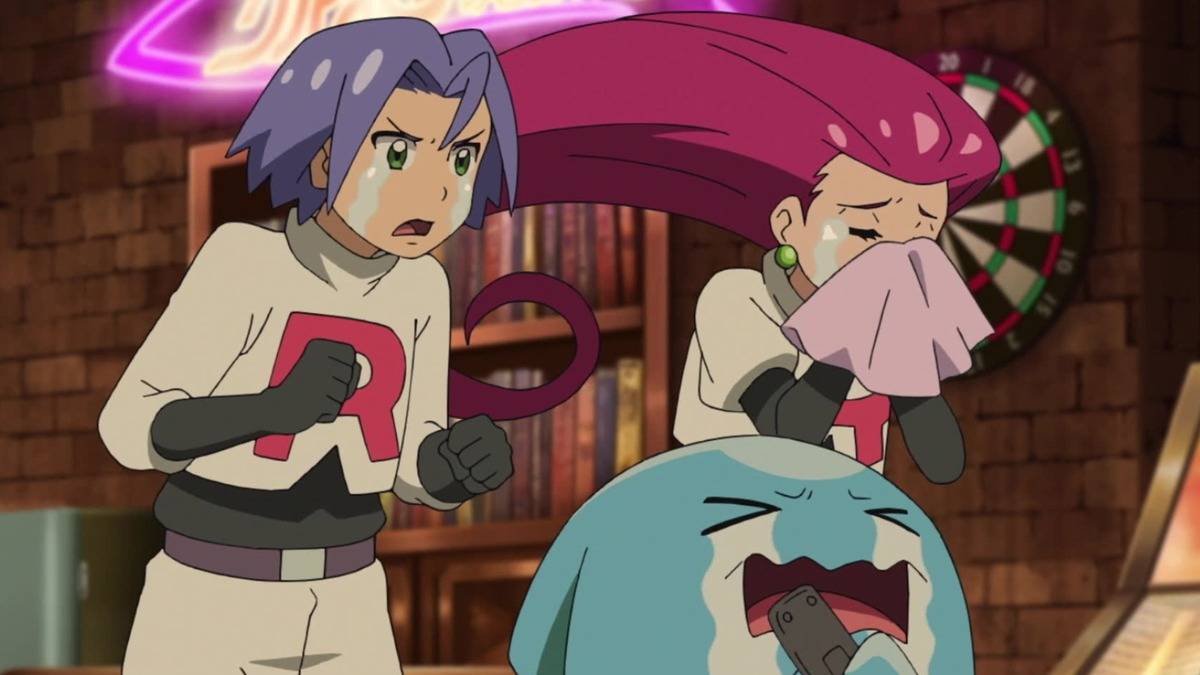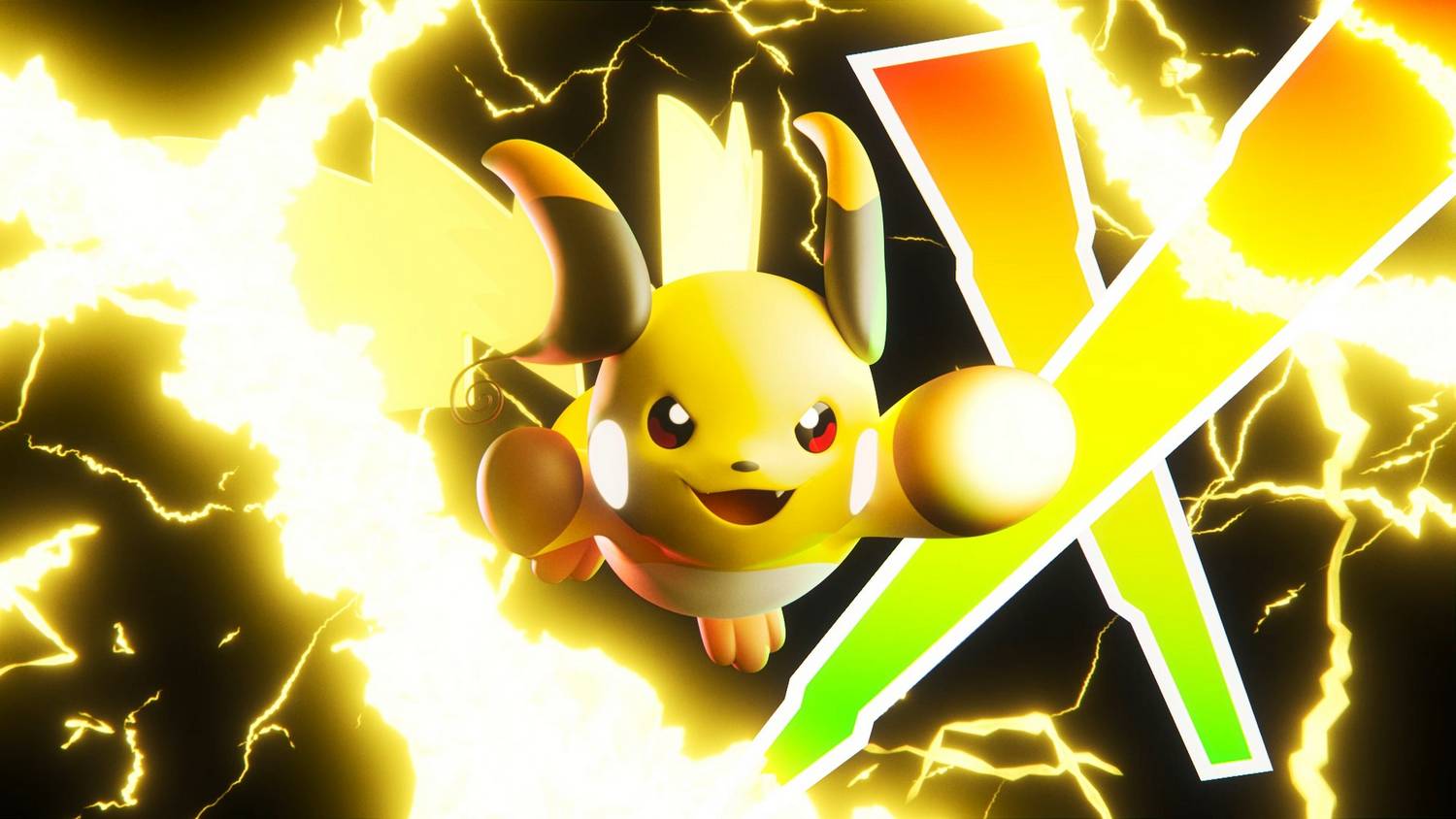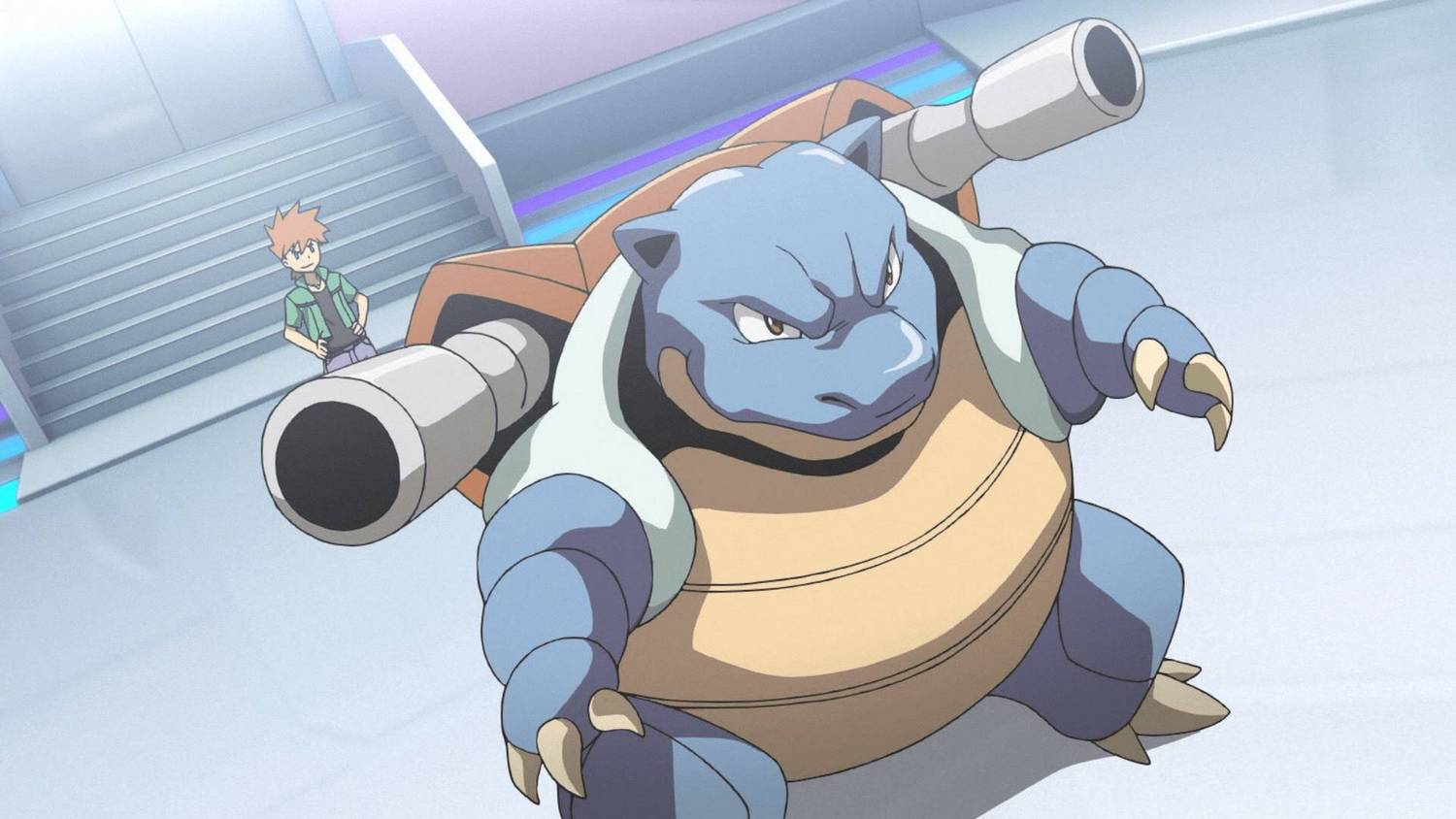An “Embarrassing Failure”: Even Pokémon’s Former Head Lawyer Thinks Nintendo’s New Patent is Unenforceable
Popular Now
 Sonic the Hedgehog™ Classic
Sonic the Hedgehog™ Classic
 Valorant
Valorant
 NBA 2K24
NBA 2K24
 Warframe
Warframe
 Roblox
Roblox
 BeamNG.drive
BeamNG.drive
 Poppy Playtime
Poppy Playtime
 CarX Street
CarX Street
 Fortnite
Fortnite
 R.E.P.O
R.E.P.O
 In the wake of its ongoing legal battle with Palworld creator Pocketpair, Nintendo has been in a whirlwind of legal action. The company, along with The Pokémon Company, has been filing and securing a number of patents related to the gameplay mechanics of the Pokémon series, a move that is seen by many as a calculated effort to protect its IP and deter future competitors. The most controversial of these patents, which covers the gameplay mechanic of summoning a “sub-character” to battle, has now drawn the ire of some of the most respected legal minds in the gaming industry. In a powerful rebuke of Nintendo’s strategy, Don McGowan, the former Chief Legal Officer for The Pokémon Company, has stated that he believes the patent is unenforceable.
In the wake of its ongoing legal battle with Palworld creator Pocketpair, Nintendo has been in a whirlwind of legal action. The company, along with The Pokémon Company, has been filing and securing a number of patents related to the gameplay mechanics of the Pokémon series, a move that is seen by many as a calculated effort to protect its IP and deter future competitors. The most controversial of these patents, which covers the gameplay mechanic of summoning a “sub-character” to battle, has now drawn the ire of some of the most respected legal minds in the gaming industry. In a powerful rebuke of Nintendo’s strategy, Don McGowan, the former Chief Legal Officer for The Pokémon Company, has stated that he believes the patent is unenforceable.
 “I Wish Nintendo and Pokémon Good Luck…”
“I Wish Nintendo and Pokémon Good Luck…”
McGowan, a veteran of the gaming legal space, minced no words in his assessment. “I wish Nintendo and Pokémon good luck when the first other developer just entirely ignores this patent and, if those companies sue that developer, the developer shows decades of prior art,” he told Eurogamer. His point is a powerful one: the core mechanic of summoning a character to fight on your behalf has existed in video games for decades. From games like Final Fantasy and Persona to even Nintendo’s own Pikmin series, the concept is far from new.
McGowan’s comments echo the sentiment of other legal experts, who have described the U.S. Patent and Trademark Office’s decision to grant the patent as an “embarrassing failure of the US patent system.” The argument is that the patent office is “out of its depth” when it comes to evaluating video game patents and that this decision could set a dangerous precedent for the entire industry.
- The “Prior Art” Problem: The core of the legal argument against the patent is the existence of “prior art,” or a long history of other games that have used a similar mechanic. A lawsuit by Nintendo would likely be met with a mountain of evidence that the gameplay loop is not a new invention.
- A “Chilling Effect”: While the patent may be difficult to enforce in court, many legal experts believe that its existence alone is enough to have a “chilling effect” on the industry. The threat of a multi-million-dollar lawsuit is often enough to deter smaller developers from using a similar mechanic, even if the patent is invalid.
- The “Code in a Box” Precedent: This is not the first time Nintendo has been accused of anti-consumer and anti-competitive behavior. The company’s recent physical release of Oblivion Remastered as a “code in a box” has been widely criticized as a cynical attempt to control media ownership and force consumers into a digital-only ecosystem.
 A New Era of “Patent Trolling”?
A New Era of “Patent Trolling”?
The controversy surrounding the patent highlights a larger problem in the gaming industry: the weaponization of intellectual property law. While patents are designed to protect and encourage innovation, they can also be used as a tool by large companies to “game the system,” as one lawyer put it. The goal is not to protect a truly new invention but to “muddy the waters” and create a barrier to entry for smaller competitors. The situation is even more egregious when one considers the fact that The Pokémon Company is currently in a lawsuit with Palworld, a game that has been accused of infringing on similar mechanics.
Ultimately, the legal battle over this new patent will be a vital case study for the entire gaming industry. It will determine not only the future of creature-collection games but also the future of intellectual property law in an industry that is constantly pushing the boundaries of technology and creativity. The high CPC keywords for these discussions, such as “Nintendo patent unenforceable,” “Palworld vs. Pokémon lawsuit,” “video game intellectual property,” and “game mechanics patents,” all point to a passionate and ongoing conversation about the role of big corporations in a creative space. For many, the hope is that in the end, common sense and creativity will prevail.









